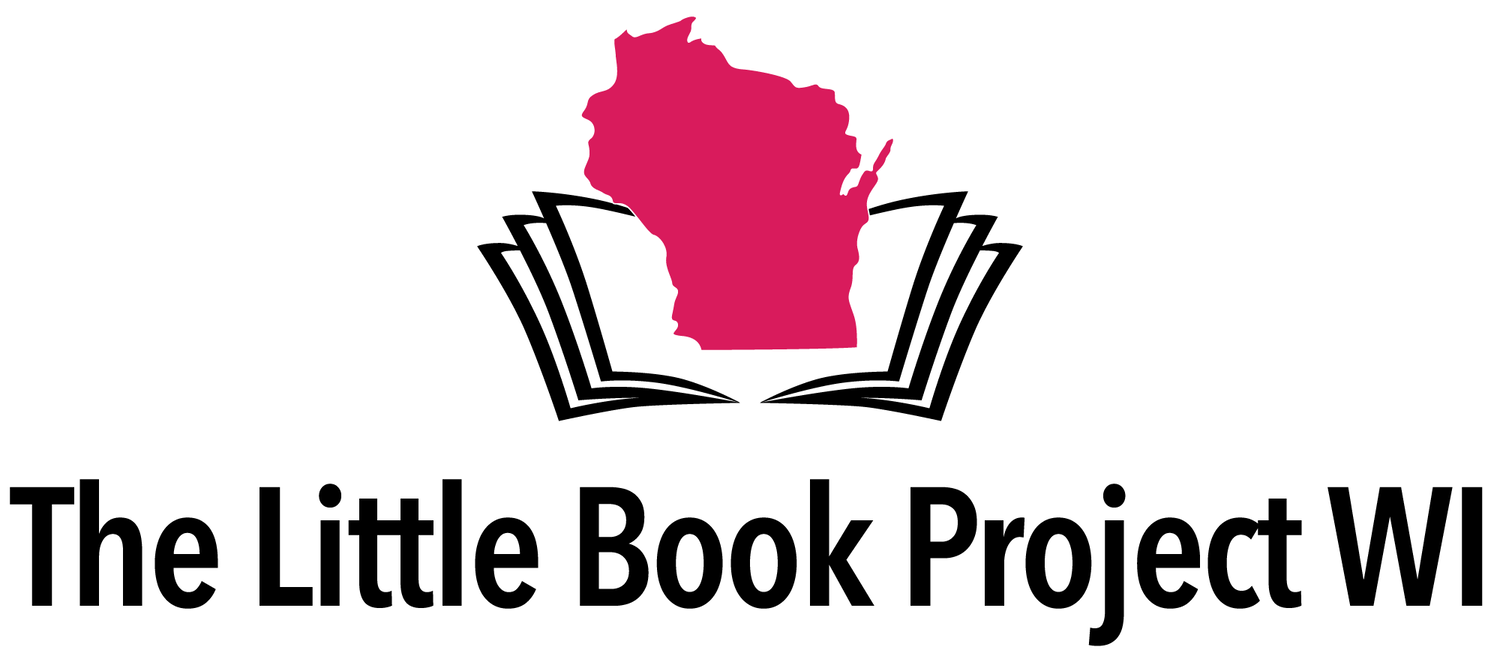Artist Profile: Anuradha D. Rajurkar
Anuradha D. Rajurkar was born and raised in Evanston, Illinois, proud daughter of Indian immigrant parents. She earned two degrees from Northwestern University before becoming a teacher, plus writing young adult fiction in her off-hours. Her debut novel, American Betiya (Knopf), has been nominated by the American Library Association for its YALSA Best Fiction for Young Adults 2022 award, and has also been honored with the Society of Children’s Book Writers and Illustrators Emerging Voices Award. Nowadays, Anuradha lives in Wisconsin—where she spends her free time obsessing over her garden, watching old horror flicks with her family and roguishly knitting sweaters without their patterns.
1) What are the challenges you've encountered to becoming a published author?
There have been plenty, but I’d love to first acknowledge the opportunities I’ve received as a writer. From finding a supportive writing group and critique partner to signing with an agent and editor who championed my debut, I’m filled with gratitude. That being said, the challenges along the road have been many! It took me years to write American Betiya between raising a family, teaching and the arduous revising and editing process. I wrote this novel over stolen moments—in the van during the kids’ sports and music practices, late nights and weekends (in fits and starts). The greatest challenge was to keep believing in myself over the years. It took a long time for me to give myself permission to write the story that had been knocking on the door of my heart for decades.
Had I written this story quickly and sought publication in the early 2000s, I may not have found interested agents and publishers willing to take a chance on it—a story about growing up Asian American and grappling with love, culture, family, betrayal and empowerment. I owe deepest thanks for the many BIPOC authors who paved the road before me, working to center the voices of those that have traditionally been marginalized, silenced and erased.
2) Do any of the following words accurately reflect past—or present—themes explored in your writing: 'dialogue,' 'disrupt' or 'decolonize'?
Absolutely—my writing explores each of these themes. I hope American Betiya sparks dialogue about the fact that racism and patriarchy don’t just surface in the form of bullying and hate crimes, but also within our most intimate relationships. These subtle forms of bias can be insidious and difficult to detect, because of the trust these relationships are built upon. Knowing that our identities are shaped in part by those closest to us, I hoped this story might sharpen our the ability to recognize healthy versus dysfunctional patterns in love, family and even our own identities.
American Betiya disrupts certain well-worn tropes, one being the widespread love-conquers-all narrative. The truth is, many relationships in high school often don’t reflect this narrative. I hoped to present a different kind of happily-ever-after in Rani’s story, one that disrupts the trope of the white male freeing his lover from her repressive culture—a message based in colonization.
I would say that decolonization is the beating heart of my work. In American Betiya, we see how, over the course of Rani and Oliver’s interracial relationship, we watch Rani decolonize her own mind amid boundary-shifting, betrayals and her own sense of self-worth. American Betiya reveals how exoticization in particular is a form of objectification—one rooted in colonialism, oppression and violence against Asian women. I hope my story helps us acknowledge the existence of these societal issues so that in time, we can transcend them.
3) Are there any creative writing resources you've found to be particularly useful?
I love 88 Cups of Tea, Manuscript Academy and the Track Changes podcasts; Austin Kleon’s blog; and Nathan Bransford’s blog. I’ve been turning to Save the Cat Writes a Novel and Story Genius when I need to be corralled by story structure (I am a “recovering pantser”). Finally, an anthology I’ve been really excited to read is titled Foreshadow: Stories to Celebrate the Magic of Reading and Writing YA (edited by Emily X. R. Pan and Nova Ren Suma).
4) What books are currently in your "To Be Read" stack?
I usually read about three books at once. Right now, it’s Grown by Tiffany Jackson, a powerful read which tackles tough subjects with exquisite care and nuance. I’m also reading the fresh and inventive Gold Diggers by Sanjena Sathian, with whom I was in conversation at Boswell Books as part of her book tour. And finally, I'm loving The Forest of Stolen Girls by June Hur.


